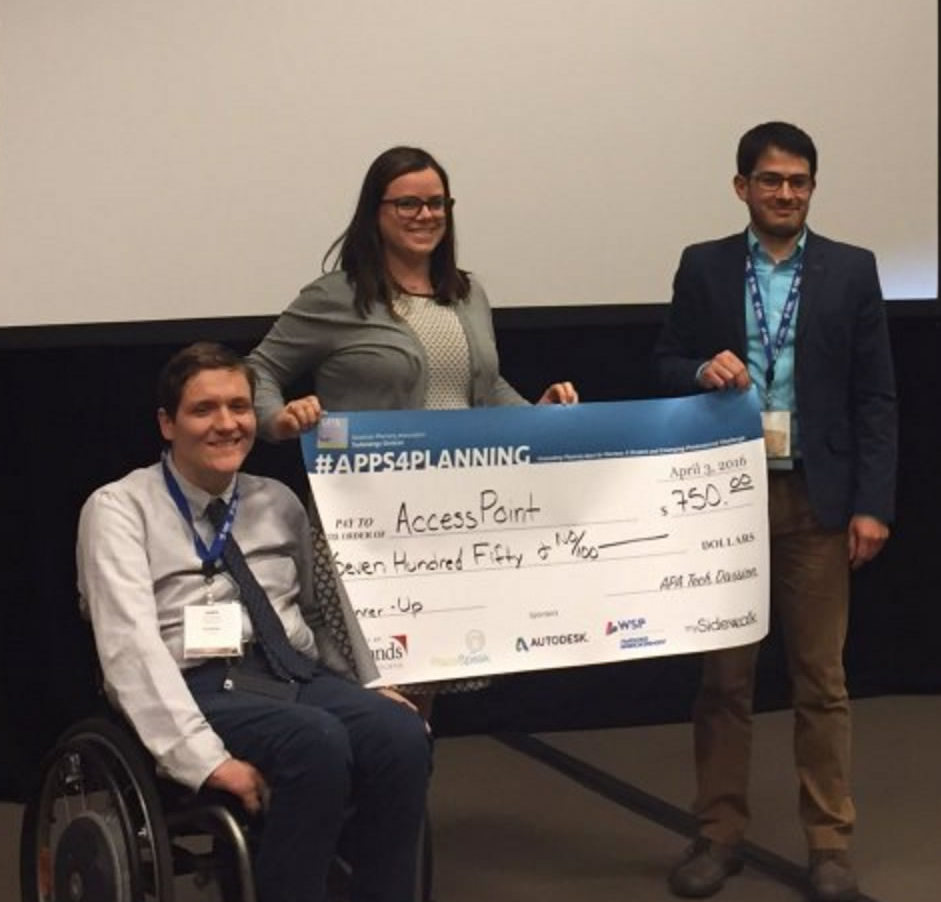SEED Wayne Fellowship Student Spotlight: Jared Talaga

This issue's SEED Wayne Fellowship spotlight is on Jared Talaga, Master of Urban Planning candidate. As part of his Fellowship, Talaga is interning with Growing Hope, an agriculturally focused nonprofit in Ypsilanti, Michigan, to assess their local food system.
Through his internship, he hopes to help people understand that growing their own food provides a healthier lifestyle and is an economically viable occupation by focusing on local food production, consumption and procurement across the city. This includes taking an inventory of all gardens and farms in Ypsilanti, mapping those locations, determining actual square footage production and how many residents are actually growing their own fruits and vegetables.
Jared will also inventory vacant land, including parkland, to assess the potential for increasing land under cultivation. His research will help Growing Hope advocate for the potential and benefits of local agriculture, including financial stability, healthier choices and environmental stewardship.
In April, Talaga's team competed in American Planning Association's Innovating Planning Apps for Planners: A Student and Emerging Professional Challenge. Their app, Access Point, competed against four other student teams from Columbia University, UCLA, University Illinois Urbana and the University of Ottawa.
Access Point wins second place
A crowdsourcing app to increase the accessibility of buildings in a community, it helps the public understand ADA (Americans with Disabilities Act) regulations, rate a building's level of accessibility, know which buildings are going to be easiest for those with a disability to use and allow them to report ADA violations to their planning jurisdiction easily and efficiently.
Four students from across campus are on their way to completing the SEED Wayne Fellowship at the end of this summer. Four others, including Talaga, have started the journey over the winter and spring-summer semesters.
Candidate fellows are urban planning students Jackie Palmer and Jason Lindy, social work major Katie Abdilla and Heather Mourer, staff member at the College of Fine, Performing and Communication Arts and 2017 applicant to the urban planning program.
The SEED Wayne Fellowship aims to develop a cadre of graduate students with knowledge in community food systems, basic competencies for food sustainability and justice work and familiarity with Detroit's food planning history and context. The Fellowship has three main goals:
Funded by the W. K. Kellogg Foundation and Ford Motor Company's College-Community Challenge Fund, the Fellowship integrates classroom and engaged learning through a required course and an internship, both offered in collaboration with community-based partners. Totaling six credits, the fellowship's required courses are UP 5430-Cities and Food (offered winter semesters) and UP 7810-Internship in Planning for Community Food Systems (typically offered in spring-summer).
The SEED Wayne Fellowship welcomes students in urban studies and planning, business, education, public health, social work, public policy, nutrition, natural/environmental science and social sciences such as sociology, anthropology and political science. The Fellowship gives preferential consideration to applicants who: a) have previous volunteer or employment experience in local food system-related activities (such as urban agriculture, community nutrition, healthy food retail, anti-hunger, food policy, etc.); b) have at least five years of residency in the city of Detroit; and c) are currently enrolled in a professional degree such as urban planning, public health, social work, education, business or law. Applicants must have an undergraduate GPA of at least 3.0.